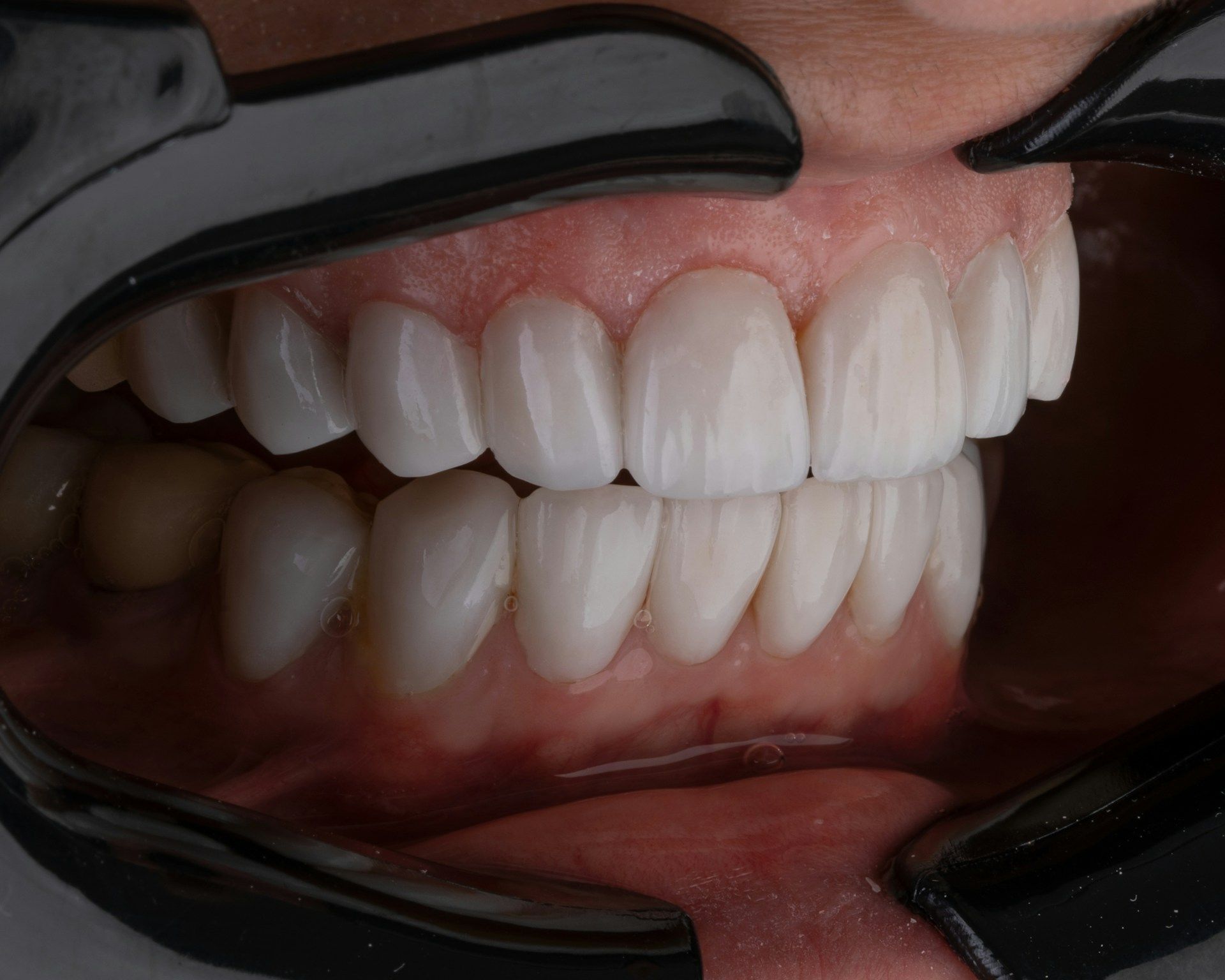
Understanding the Grinder: Bruxism Unravelled
- Aug 14, 2025
Don't we all know that one person who grinds their teeth so vigorously that it sounds like they're carving a sculpture during sleep? Odds are that person is dealing with bruxism, the fancy name for chronic teeth grinding and clenching, whether awake or snoozing. Now, if you thought adding a grinding accompaniment to your sleep symphony is simply a quirky habit, think again. Over time, bruxism can wreak havoc on your teeth, jaw, induce headaches, and muscle pain in your neck and shoulders. Doesn't sound so harmless now, does it?
Whether it's the fallout of a certain type of personality, psychological conditions, or simply inheritance (thanks, Aunt Martha), bruxism has several triggering factors. The condition perches itself comfortably between sleep disorders - because, apparently, people love to grind their teeth while they are sleeping lightly or transitioning between sleep phases. Also, say hello to sleep apnea; we know you as that annoying friend who loves to play tag with bruxism. And speaking of friends and family, bruxism enjoys a cozy connection with genetics. In a study involving an astounding 6,000 people, it was found that if someone ground their teeth in their sleep, there was a 37% chance that a close relative would do the same.
Additionally, certain activities and habits are like welcome banners for bruxism, simply because they incense your nervous system and encourage that grinding response. Stimulants and depressants, you have some explaining to do! Cognitive enhancers and relaxants, likewise, are common culprits for turning your jaw into a nocturnal meat grinder. It's not just substances though–psychiatric conditions, neurological disorders, and various health problems can all be passengers on the teeth-grinding express.
The real kicker? Most folks with bruxism have no idea they're part of the club. While healthcare providers can diagnose bruxism with a myriad of tools, it's essential to recognize the telltale signs. Are you waking up with jaw, neck, or shoulder pain? Having unexplained tooth sensitivity? It might be time to schedule a dental date.
And so we return to why we're all here: 'Can we stop the grind?' The answer is–yes! There are several ways to manage bruxism and limit the damage it can trigger. From simple lifestyle changes, a beautiful thing called "biofeedback," to even an injected dose of cunning relaxation-inducing proteins (Botox, anyone?), the range of treatments is extensive and ever-evolving.
So, if you or a loved one have been terrorizing the midnight silence with the grinding symphony, it's essential to consult with an oral healthcare provider. After all, why let bruxism silently chip away at your oral health and quality of life when we can show it the door?






